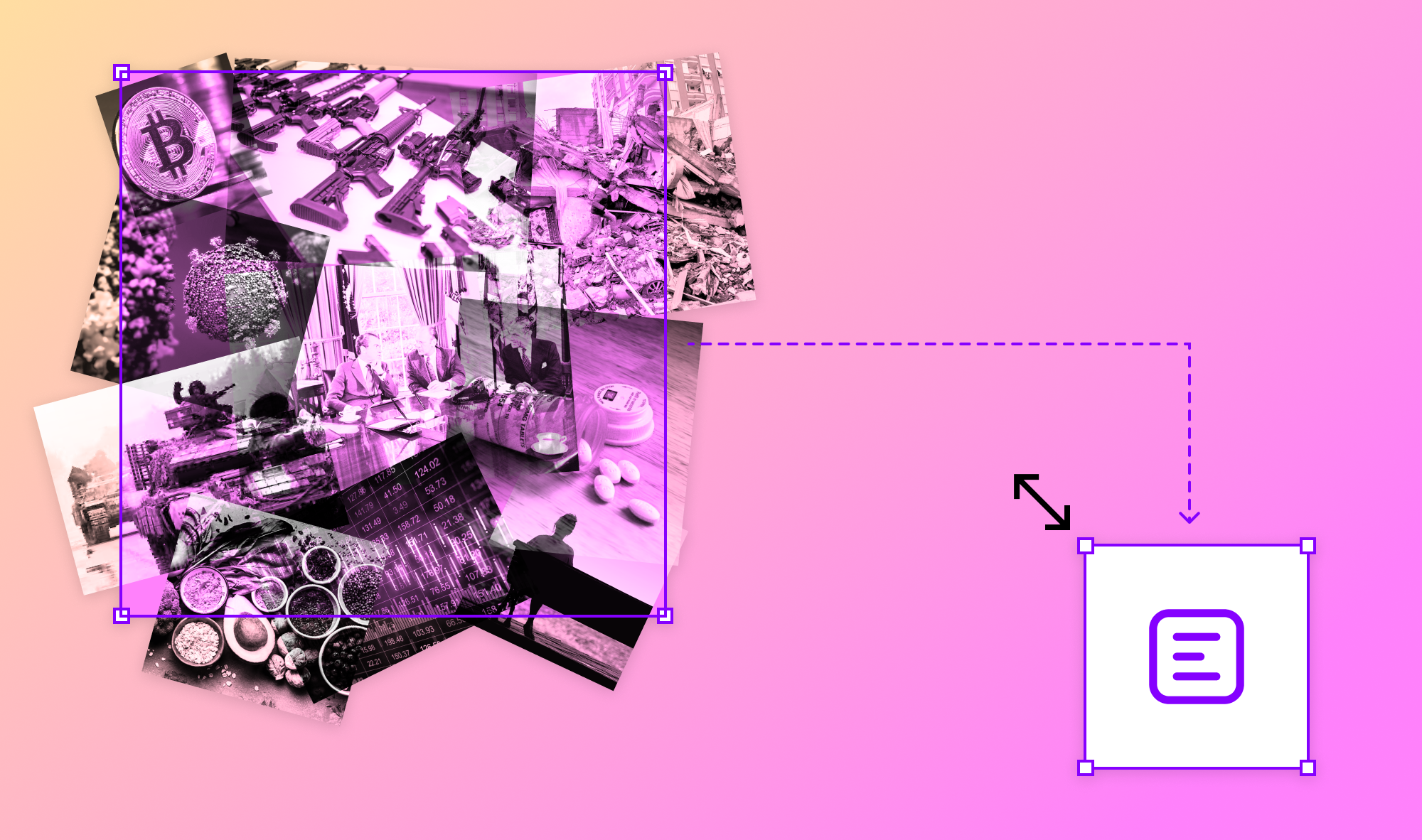We’re obsessed with simplicity. It’s alluring and inflammatory all at once. We want to simplify everything, and we want to draw the line on when something is too simple.
“Everything should be as simple as possible, but not simpler.”
Though there is no confirmed source, the quote is often attributed to Albert Einstein. It’s about how in physics theory, oversimplification can get in the way of understanding the reality of things. Today, it’s striking how the danger of “not simpler” has become a daily reality for everyone. Oversimplification enables ideas to travel at breakneck speed making it perfect for furthering agendas.
In the news, it can lead to hatred and fear mongering. In medical and relationship advice, it can lead to physical and mental turmoil. Oversimplifying every process in our lives to eliminate all friction can lead to a sense of dejection and boredom.
These situations continue because simplicity is addictive. And like any addictive substance, it becomes even more addictive when it’s in low supply. With increasingly complex subjects becoming everyday concerns, people are craving simplicity more than ever. The earth is burning? Use paper straws. Easy! Employment is in short supply? Kick out the immigrants. Done! There is a health and nutrition crisis? Slap on this Apple Watch, will ya?!
Simplification plays an important role in helping people understand the world. It allows individuals and communities to create personalized shortcuts to sense-making. It can be a balm and a gateway for people to navigate through the chaos.
But at scale understanding necessarily takes time as people with very different ideas of the world try to find common grounds. Oversimplified explanations circumvent that time. They become a drug that promises fast relief from an undesirable confrontation. Effective dialogue requires iterations and open communication. Distilling ideas into something simpler can only come after that long process of discourse.
As technology continues to advance and information becomes more readily available, the need for effective education and tools to navigate this vast amount of information becomes increasingly apparent. While simplification can be beneficial in helping individuals understand complex concepts, it is important to recognize that oversimplification can hinder our ability to truly comprehend and critically analyze the world around us. The obsession with simplicity can create a paradoxical situation where our desire for quick solutions actually adds more complexity to the development of our learning and technology.
